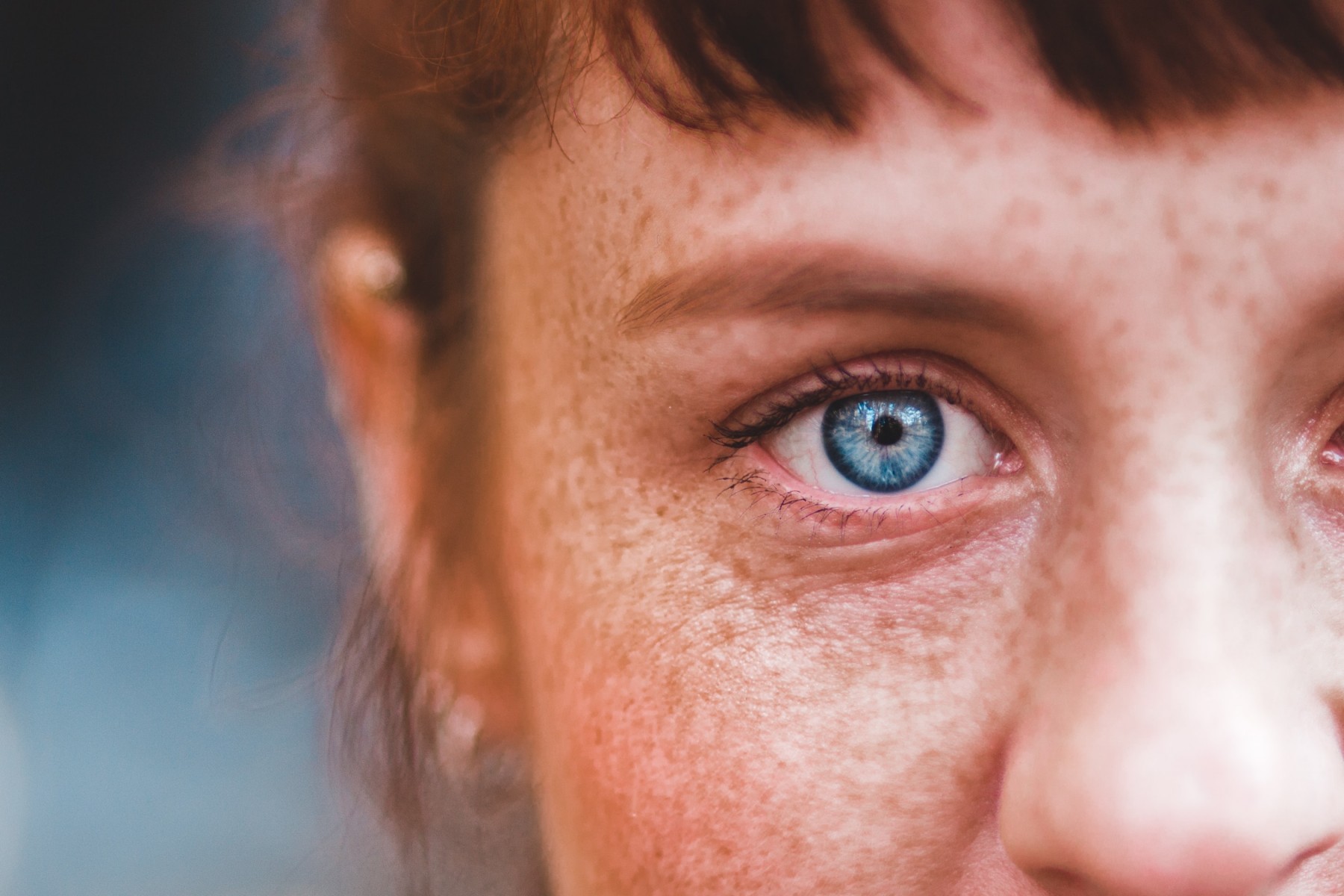Eye health an essential key to unlocking our potential
By Guneet Sawhney, Director of Bupa Optical & Hearing.
It is often said ‘the eyes are the window to the body’ with optometrists able to detect serious eye conditions like glaucoma and cataracts, as well as chronic diseases such as diabetes and hypertension by examining the retina and the blood vessels inside the eyes. What is less widely acknowledged are the wider social and economic implications of eye health.
For this reason, I was pleased to read The Lancet’s Global Health Commission on Global Eye Health report, which was released this month. As one of the world’s most respected medical journals, it advocates for eye health to be reframed as a global development issue, noting how it contributes directly to reducing poverty while improving work productivity, general and mental health and educational outcomes.
The report contends that “improving eye health is a practical and cost-effective way of unlocking human potential,” a statement that resonates strongly with us at Bupa who work towards helping people live longer, healthier, happier lives.
At Bupa Optical & Hearing, we’re not just about selling stylish glasses (though we do that too). We’re about promoting better health and life outcomes. After all, having someone compliment you on your new frames is nice but being able to learn properly at school or living longer because a heart condition was detected early is something far more meaningful. Care and expertise is what our customers expect from us and we are extremely proud to deliver it day in, day out.
This is why we continue to invest in innovative eye test technologies that deliver better preventative care outcomes for our customers. This includes the recent roll-out of NIDEK Retina Scan Duo (OCT) machines to selected stores across our network. These OCT machines enable our optometrists to provide a more accurate and informed assessment and identify early signs of eye diseases such as glaucoma or macular degeneration.
Bupa Optical & Hearing is also investing in new holistic preventative health programs such as our new EyeInspect pilot. EyeInspect uses Artificial Intelligence, high-tech retinal screening technology and a database of more than 10 million retinal scans to identify eye and non-eye health problems which, if detected, can then be discussed further with the customer, and with a trusted medical professional. We see this as a potentially ground-breaking tool for creating a more integrated healthcare experience for customers, helping them to see better and feel better.
While technology plays a significant part in improving eye health; competent, caring and passionate optometrists and dispensers play a far more important role in the community. At Bupa Optical & Hearing, we put our employees first, so they can follow their professional passion and do the same for our customers. This means an emphasis on training, upskilling on new systems along with providing mentoring opportunities to help cultivate the next generation of eye health leaders.
While Australia has one of the best healthcare systems, undiagnosed eye and physical health conditions remain a significant issue. For this reason, I hope the recommendations outlined in The Lancet’s report captures the commitment of governments and healthcare providers so that eye care can be better integrated into the planning, resourcing and delivery of universal healthcare.
With some work, the eye can be a window into a longer, healthier and happier future for all.
Media reference number: 20/118

